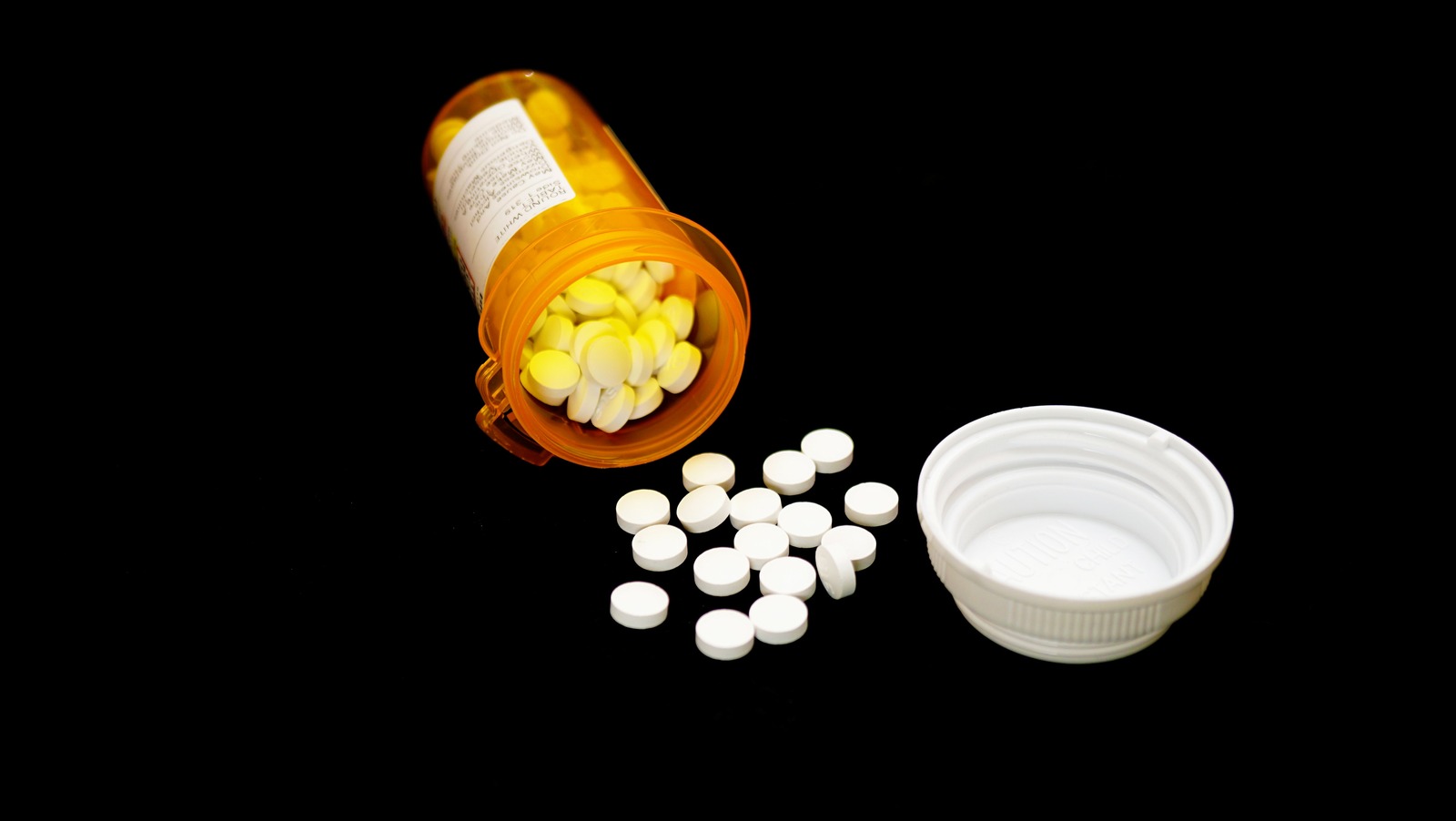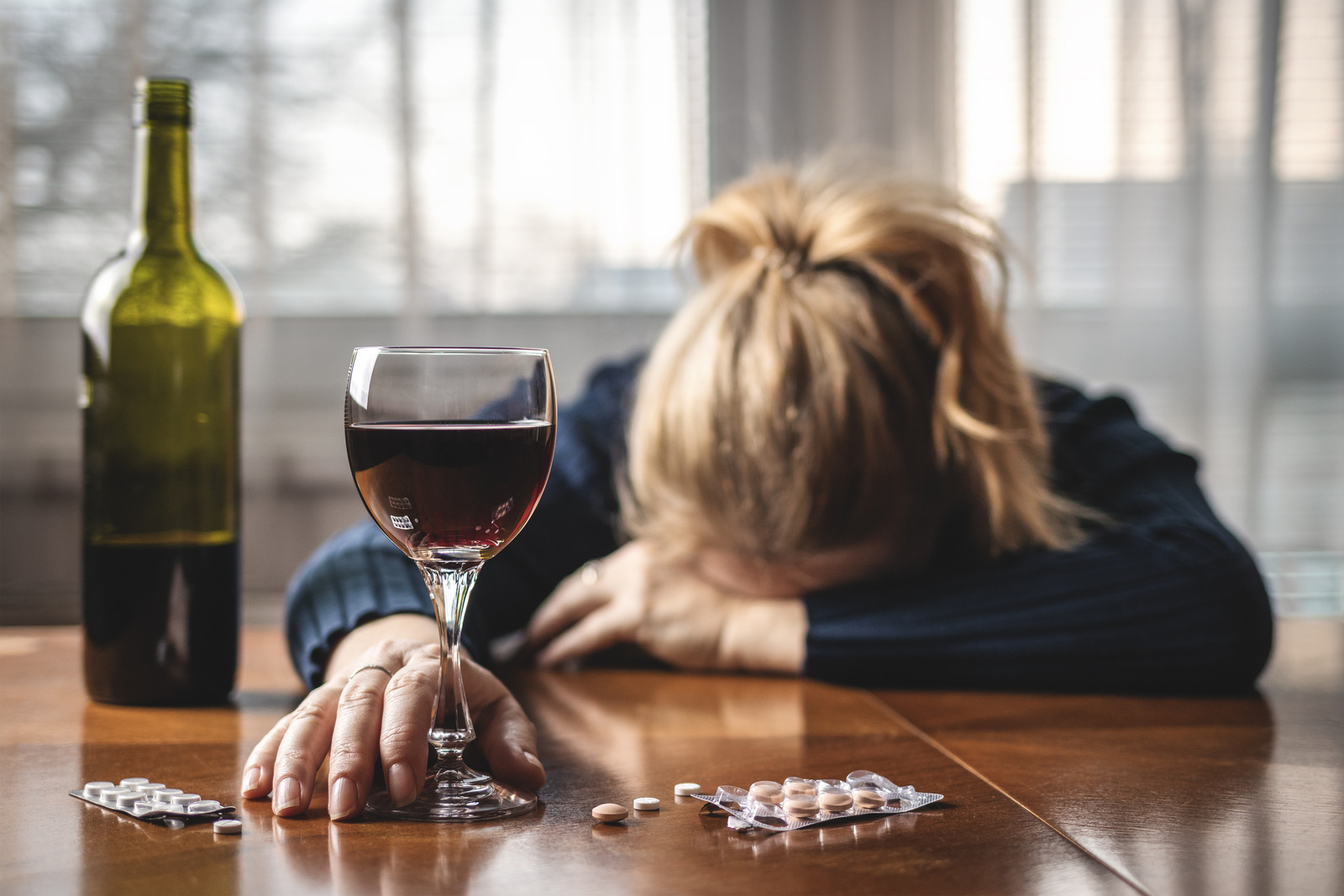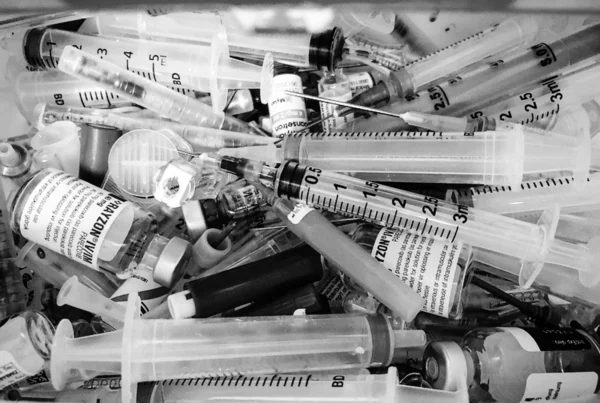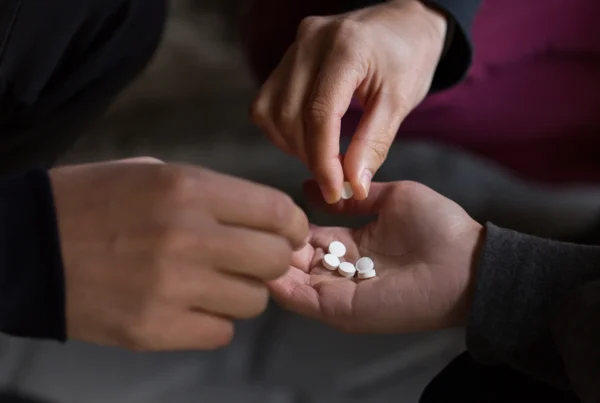
Table of Contents
There are many drugs that you shouldn’t combine. However, many people don’t think about the fact that alcohol is a drug. Additionally, alcohol can cause some pretty serious interactions with your other medications if you don’t know what you’re doing or ignore the warnings from your doctor and pharmacist.
There are many reasons it can be dangerous to combine Lexapro and alcohol. However, since both drugs are relatively common, it’s important for people to know the basics and how to keep an eye on alcohol use when taking other medications.
We’ll talk about what Lexapro is, why combining it with alcohol isn’t a good idea, if there is an addiction risk when it comes to these drugs, and what to do if you’re struggling to control your alcohol use while taking prescription medications.
What Is Lexapro And What Is It Used For
Lexapro, the generic name Escitalopram, is a common medication used to treat depression and anxiety. It works by helping to increase the concentration of serotonin in your brain, which results in greater feelings of happiness, and reduces the overall severity of mental health symptoms.
Like other antidepressants, Lexapro is a treatment, not a cure, and is often used in combination with other treatments like talk therapy, or other medications.
The more medications you take, the riskier it becomes to add alcohol into the mix. Especially if you are taking more than one antidepressant or psychoactive medication, it’s important to talk with your prescriber about the risks of alcohol or other substance use at the same time.
Lexapro is one of several medications that are all SSRIs, or selective serotonin reuptake inhibitors. That means that they work by preventing serotonin being absorbed in your brain as quickly as it otherwise would be, increasing the overall concentration of serotonin, and increasing the chances that individual serotonin molecules will cause your neurons to fire more than once.
That’s different from just increasing the amount of serotonin in your brain, the amount of serotonin you produce isn’t changed by SSRIs. However, some drugs, particularly party drugs like cocaine or ecstasy can increase the amount of serotonin your body produces in the short term.
That’s one reason that combining recreational just of any kind, not just alcohol, can be dangerous while you’re also taking SSRI medications like Lexapro.
Too much serotonin can cause serotonin syndrome, which is one of the known risks of taking SSRI medications and can be dangerous.
Why Are Lexapro And Alcohol A Bad Combination?
So, now that we’ve talked a little more about Lexapro and why mixing Lexapro with other medications can be dangerous, lets talk specifically about Lexapro and alcohol, and why people taking Lexapro are generally encouraged not to drink, or to only drink very little if they drink at all.
Why is that? Is it actually dangerous to drink while you’re taking Lexapro?
Well, it can be. We’ll talk more about the dangers of combining Lexapro and alcohol in a moment, but for now let’s talk about a serious problem that usually crops up long before drinking and taking an antidepressant at the same time.
That is that Lexapro and alcohol have two very different, and opposing, effects on your body. Lexapro is meant to improve mood and energy levels and to make it easier to function overall. Alcohol, on the other hand, can increase feelings of depression over time and with use, which can cause a wide range of problems including increasing alcohol dependence.
After drinking, it takes your body some time to fully process and recover from the alcohol you’ve had. That means that your Lexapro, which is trying to improve your mood, winds up fighting with the alcohol that lowers it. Over time, that can look like increased resistance to the Lexapro, not getting the mood benefits you used to, and other complications.
That isn’t to say that the occasional drink will cause these problems, but rather that you should manage your drinking carefully, and keep an eye on it if it seems like your drinking is getting worse over time.
Is It Dangerous To Combine Lexapro And Alcohol?
There are definitely dangers when it comes to mixing Lexapro and alcohol. However, the two aren’t usually going to produce an immediate toxic effect, unlike some other medications mixed with alcohol.
The biggest problem with combining them is that these two drugs tend to make both sets of side effects worse than usual. You are more likely to get fatigued faster, to act more recklessly, or to make potentially dangerous decisions if you’re drinking heavily while on Lexapro.
You may also be more likely to become violent while drinking alcohol and taking Lexapro.
The last, and often most pressing risk of combining Lexapro and alcohol in concentrations low enough not to be toxic, is that the alcohol may make your depression much worse. People who drink while taking Lexapro may be at greater risk of both self-harm and suicide, and the risk might be greater just after drinking, or during a hangover, with increasing risks the more you drink and the more often you drink while on Lexapro.
Can Lexapro and Alcohol Become Addictive?
Yes, though not necessarily in the same way you would expect other drugs, or drug combinations, to become addictive.
Alcohol alone can be addictive, and that risk is still there while taking antidepressants like Lexapro. In fact, people dealing with depression or anxiety may have a higher risk of addiction than others behaving and using alcohol the same way.
But alcohol and antidepressants can lead to a particularly vicious cycle of addiction. Drinking may make Lexapro less effective, which increases stress and might make you more likely to drink again. Each repeat of that cycle is likely to make the symptoms a little worse as your body is worn down by drinking, especially if you wind up drinking several days in a row, or for several weeks in a row.
The more you drink, the more you start to feel like you need to drink to deal with the stress and other symptoms that Lexapro no longer handles.
Eventually, you can feel like you need alcohol to function or to give you a boost at the end of the day so the Lexapro will work.
Unfortunately, the truth is that Lexapro is working the way it’s supposed to. However, fighting against alcohol lowers your mood and makes it increasingly harder to help your brain and body feel normal again.
What Are The Side Effects Of Lexapro And Alcohol?
There are a lot of side effects of Lexapro and alcohol, and as we already mentioned, taking these drugs together can increase the severity of the side effects from each. Let’s take a look at the side effects of these drugs.
Lexapro Side Effects
- Nausea
- Dry mouth
- Constipation
- Insomnia
- Tiredness and fatigue
- Sweating
- Easy bruising
- Decreased libido
Some more serious side effects include:
- Changes in heart rate
- Changes in vision
- Fairing
- Seizures
- Eye pain
- Swollen eyes
- Vomit that looks like coffee grounds
If you have any of these more serious side effects it’s important to contact your medical care provider and to go to an emergency room or other immediate medical care facility for help.
Alcohol Side Effects
- Headache
- Increased sweating
- Dizziness
- Shakes
- Food cravings
- Delirium
- Nausea
- Vomiting
- Anxiety
- Euphoria
- Aggression
- Agitation
- Risk taking
- Self-destructive behavior
- Blackouts
- Poor coordination
- Slurred speech
- Tremors
These are just some of the possible side effects of alcohol use, more severe side effects like slow or difficulty breathing are potential signs of alcohol poisoning, and require immediate medical attention.
 Signs Of Addiction
Signs Of Addiction
There are many signs of addiction, and it’s impossible to catalogue all of the possible signs. The key behaviors you should look for are things like drinking more than you used to, feeling out of control when you drink or use other drugs, feeling out of control when you aren’t drinking or using other drugs, and even suspecting that you might have an addiction.
When your alcohol or drug use starts to interfere with other parts of your life, there’s a pretty good chance that there’s something seriously wrong and that some help might be a good thing to get.
Fortunately, there are a lot of resources out there for people dealing with addictions.
How To Get The Help You Deserve
If you suspect that you are dealing with an addiction and want to overcome it, a good first step is to talk with your primary care doctor to get more help or to learn about the local resources available to you.
For people taking an antidepressant, it’s likely that you will have a more complicated recovery because you’re dealing with both a mental health disorder of another kind, and a substance use disorder. That can mean that you need different kinds of treatment, or that your treatment timeline will be slightly different than average.
One good option for people dealing with both addiction and substance use problems is to go to a residential treatment center equipped to handle both problems and to give you the therapy and coping mechanisms you need to succeed in recovery.
If that sounds like the kind of help that would be best for you, contact Ocean Recovery. We’re here to help, and we understand the complications of mental illness and addiction, and we’re committed to helping you get your life back, and to live with the kind of future you’ve been hoping for.
Sources:
- Lexapro Oral: Uses, Side Effects, Interactions, Pictures, Warnings & Dosing – WebMD. Accessed February 20, 2023. https://www.webmd.com/drugs/2/drug-63990/lexapro-oral/details
- Volpi-Abadie J, Kaye AM, Kaye AD. Serotonin Syndrome. Ochsner J. 2013;13(4):533-540.
- Watson S. Alcohol and Depression. WebMD. Published December 9, 2022. Accessed February 20, 2023. https://www.webmd.com/depression/guide/alcohol-and-depresssion
- National Institute on Drug Abuse. Part 1: The Connection Between Substance Use Disorders and Mental Illness. National Institute on Drug Abuse. Published April 2020. Accessed February 20, 2023. https://nida.nih.gov/publications/research-reports/common-comorbidities-substance-use-disorders/part-1-connection-between-substance-use-disorders-mental-illness
OCEAN RECOVERY EDITORIAL GUIDELINES
The internet contains a vast amount of misinformation, but when it comes to your health only peer reviewed, research centered data matters. At Ocean Recovery, all content published throughout our website has been rigorously medically reviewed by a doctorate level clinician, and cross checked for medical accuracy. Our editorial process helps our readers trust that the information they are consuming is factual and based upon scientific data. Your health is our top priority, find out more about how we safeguard the integrity of information on our website. Read More About Our Process


 Signs Of Addiction
Signs Of Addiction


